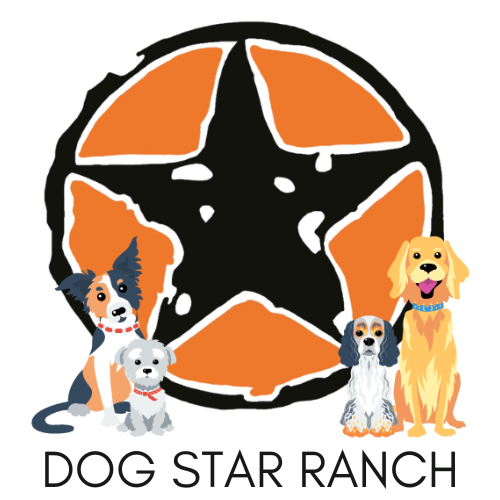More about Lindsey
What training equipment do you use or recommend:
We usually start with whatever equipment the owner is already using and then make additional recommendations based on the dog, owner, or situation. I often recommend martingale collars, slip leads, prong training collars, harnesses, long-line leashes and more, along with instruction on how to gently and properly use these tools. I follow the "least intrusive, minimally aversive" method of progressing through a set of humane and effective tactics likely to succeed in training. Most importantly, I want training to be fun for everyone involved.
What happens in your training program when the dog responds in the way you want him to?:
When a dog responds the way we want, we mark "yes" (or click) and reward with whatever that dog finds enjoyable! Common training rewards include (but are not limited to) food, treats, praise, toys, games, and exercise.
What type of training do you prefer? Group classes, one-on-one, special needs, agility, etc.?:
My most popular services are private, in-home appointments and group classes, though I offer a variety of flexible training options (training walks, board-and-train, etc.) to meet the needs of every individual dog and person.
How many years have you been working in the field of dog training and/or behavior?:
Since 2016
What happens in your training program when the dog does not respond in the way you want him to?:
When a dog doesn't respond the way we want, it's usually because we missed a step in the training. We examine the point of breakdown and figure out what we can do to help the dog be successful in that situation.
How do you correct unwanted behavior:
We focus on preventing and ignoring the unwanted behaviors, and rewarding the wanted behaviors. I have strategies for "interrupting" unwanted behaviors, such as using gentle leash pulses to teach a dog to avoid the feeling of collar pressure or pulling.
What type of dog training have you done?:
I have mostly provided pet dog training and behavior modification for dogs of all breeds, all ages, and all types of issues. I have also trained several service dogs.
What type of preliminary education in learning theory, behavior analysis, animal husbandry, and ethology do you have?:
I have Bachelor's degrees in Psychology and Communications from the University of Michigan and have self-studied animal behavior and dog training for the past 15 years. I am dedicated to the lifelong study of canine behavior through attending educational conferences, staying current on the latest published research, and collaborating with other animal behavior professionals.
How will you know if the dog you are training is stressed during the training:
I have several decades of experience in reading canine body language and will narrate what I interpret the dog to be saying during training. One of my goals is to help owners become more fluent in reading what their dogs are trying to tell them. For dogs with anxiety, fear, or aggression, I design our training plan to try to stay below the dog's threshold and promote success.
What professional dog training associations are you a member of?:
I am a Certified Professional Dog Trainer (CPDT-KA) and a member of the Association of Professional Dog Trainers (APDT). I am also certified by the American Kennel Club (AKC) as a Canine Good Citizen evaluator. I also belong to a variety of professional dog training groups on Facebook.
What type of training do you practice?:
Positive Reinforcement, Negative Reinforcement, Postive Punishment, Negative Punishment
